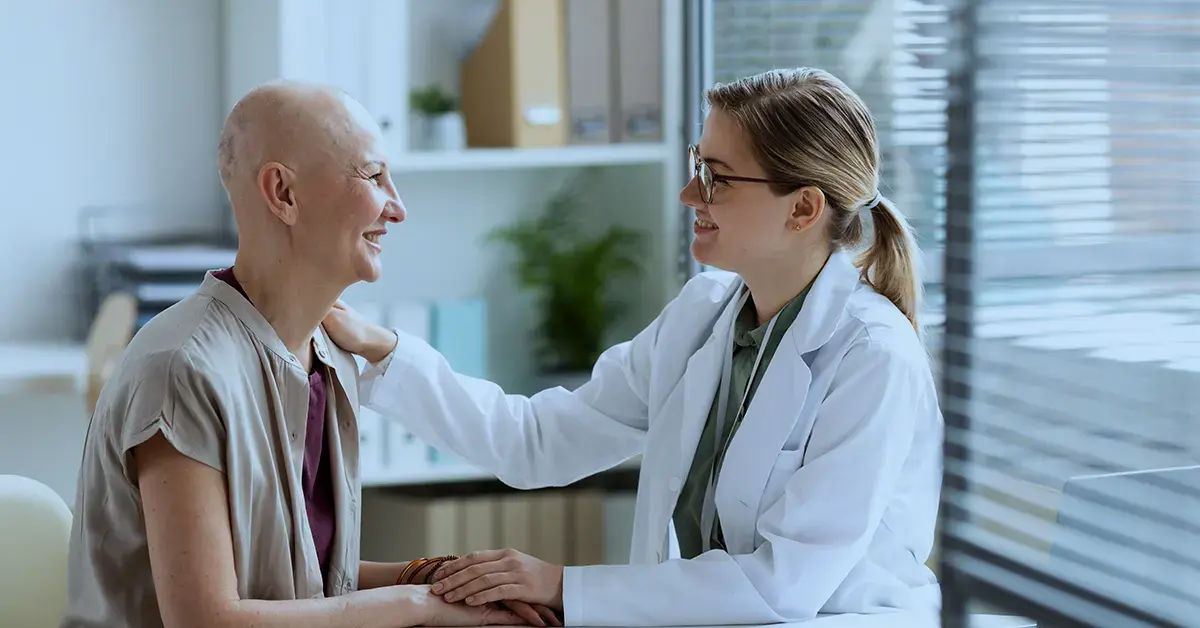Medical oncology is an essential branch of medicine dedicated to diagnosing, treating, and managing cancer. This department plays a pivotal role in delivering non-surgical therapies and ensuring patients receive personalized care. For individuals facing a cancer diagnosis, medical oncologists provide comprehensive treatment options and ongoing support to guide them through each stage of their battle.
Responsibilities of a Medical Oncologist
A medical oncologist is a physician specializing in cancer treatment through the use of various drug therapies. Unlike surgeons, who perform operations to remove tumors, oncologists administer treatments like chemotherapy, immunotherapy, hormonal therapies, and targeted drugs. These specialists work in coordination with a multidisciplinary team that often includes surgeons, radiologists, nurses, and other experts. Together, they ensure patients receive an all-encompassing approach to therapy, tailored to the specifics of their condition.
Oncologists guide patients from diagnosis to recovery, designing treatment plans based on the type and progression of cancer. They evaluate how well the treatment is working and make any changes if necessary. Their role extends beyond just administering drugs—they offer emotional and psychological support while managing the side effects of treatment, ensuring the patient’s well-being.
Primary Treatment Approaches in Medical Oncology
Medical oncology encompasses several therapeutic strategies that target cancerous cells:
- Chemotherapy: Drugs designed to destroy or inhibit cancer cell growth. Side effects include fatigue, nausea, and hair loss. Oncologists manage these reactions and adjust dosages.
- Hormonal Therapy: Used for hormone-sensitive cancers like breast and prostate cancer. Lowers or blocks hormones to slow or stop cancer growth.
- Immunotherapy: Activates the body’s immune system to identify and destroy cancer cells. Offers hope when other treatments fail.
- Targeted Therapy: Focuses on cancer cells at the molecular level, leaving normal cells unaffected.
The Comprehensive Role of the Medical Oncology Department
The medical oncology department is indispensable in cancer care, overseeing every aspect of patient treatment. From initial consultations to long-term follow-up, the oncologist plays a continuous and proactive role.
- Diagnosis: Getting an accurate diagnosis is the first important step in treating cancer. Medical oncologists collaborate with radiologists, pathologists, and other specialists to determine the nature and extent of the disease. This information is essential for developing a successful treatment plan.
- Treatment Strategy: After diagnosis, the oncologist develops a customized plan that may include one or more treatment modalities, such as chemotherapy, hormonal therapy, or targeted drugs. The focus is on providing the most effective options to improve survival and quality of life.
- Monitoring and Follow-up: Even after treatment is complete, ongoing monitoring is critical to ensure that cancer does not return. Oncologists monitor for recurrence of cancer and advise patients on managing ongoing treatment-related issues.
Managing Treatment Side Effects
Cancer therapies can cause various physical and emotional challenges. A key responsibility of the medical oncologist is to help patients manage the adverse effects of treatment. Some common side effects include:
- Weakness and fatigue
- Nausea and vomiting
- Loss of appetite
- Hair thinning or loss
- Vulnerability to infections
To address these issues, oncologists may prescribe supportive medications or recommend lifestyle changes, such as improved diet or light exercise. By mitigating side effects, they ensure patients can continue their treatment without compromising their quality of life.
Patient-Centered Approach
One of the defining features of medical oncology is its patient-centered approach. Treatment plans are carefully tailored to each individual, taking into account not only the medical diagnosis but also the patient’s personal circumstances and preferences. Oncologists invest significant time in discussing different treatment options with patients, providing them with all the necessary information to make well-informed decisions.
Support services such as counseling, nutritional advice, and physical rehabilitation are often integrated into the care plan, helping patients stay strong emotionally and physically. By focusing on holistic care, oncologists help both patients and their families cope with the challenges of a cancer diagnosis.
The Importance of Early Detection
While medical oncology is instrumental in treating cancer, early detection plays an equally vital role in improving outcomes. Screening tests, such as mammograms, colonoscopies, and PSA tests, help identify cancers at an earlier, more treatable stage. Oncologists strongly advocate for regular screenings, as early intervention can significantly increase the chances of successful treatment.
Medical oncology is a crucial part of healthcare that provides important care and help for people with cancer. It uses therapies like chemotherapy, hormonal treatments, and targeted drugs to improve survival rates and overall well-being. Oncologists provide compassionate care and cutting-edge treatments, helping patients live longer, healthier lives even after a cancer diagnosis. They offer personalized care, manage side effects, and focus on the whole person.
